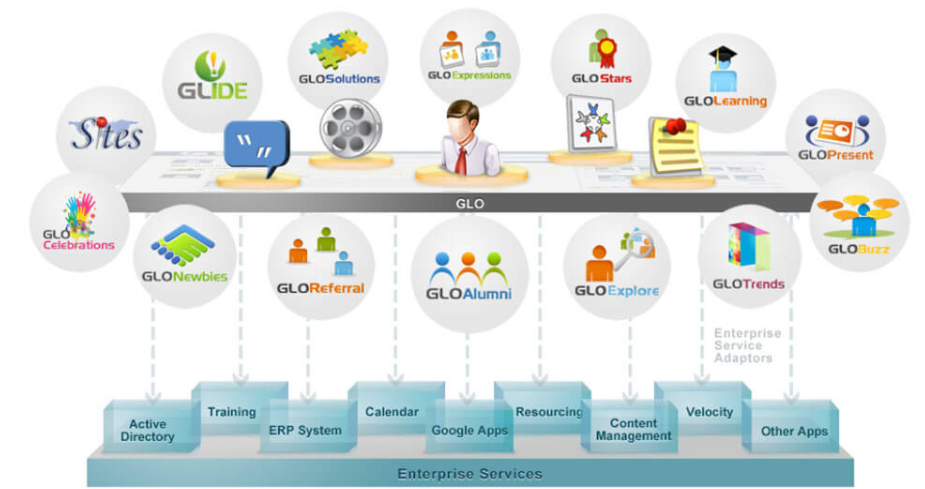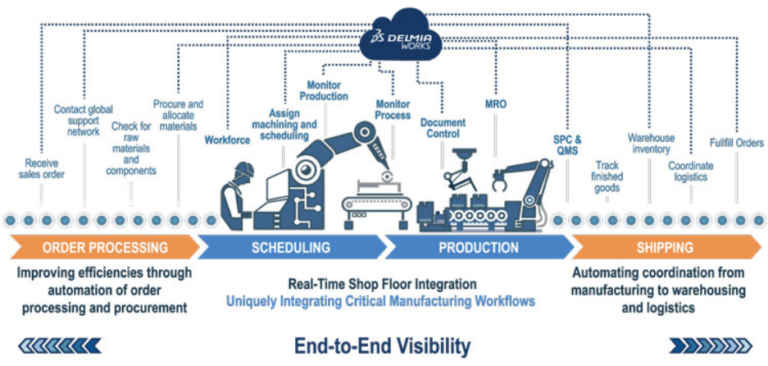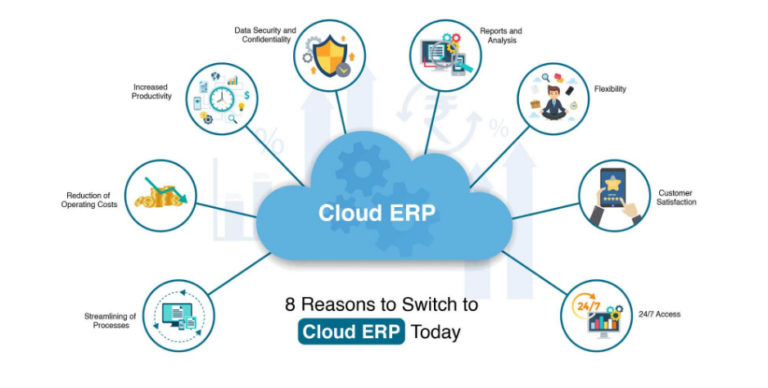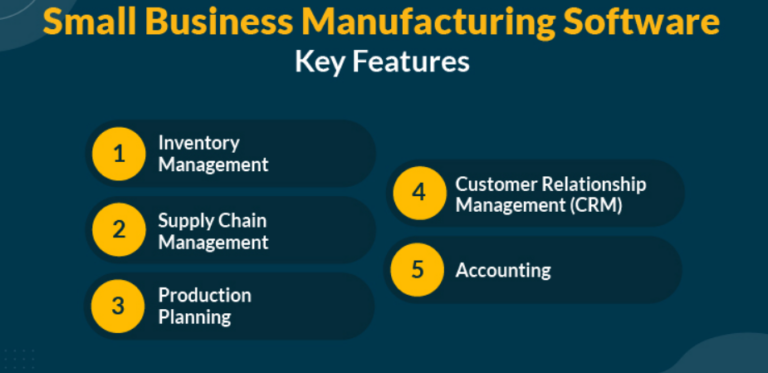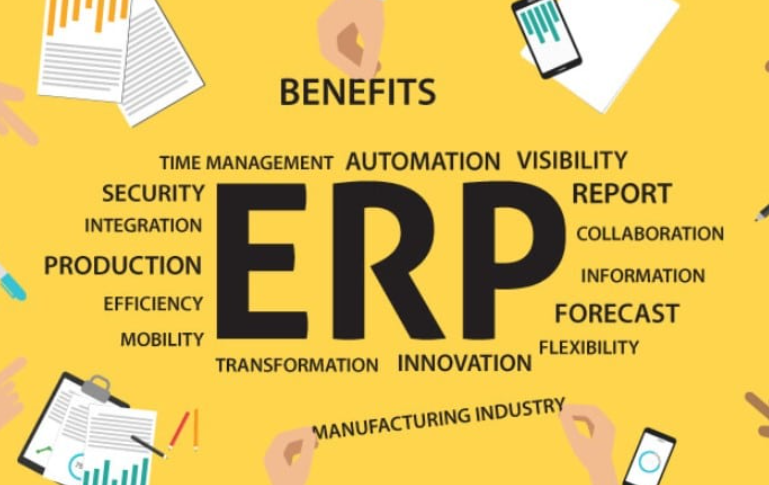In today’s fast-evolving business environment, Enterprise Resource Planning (ERP) systems like GlobalLogic are essential tools for companies looking to streamline operations. Whether you’re running a small or large-scale business, ERP software integrates critical processes, making workflows more efficient. This guide will dive deep into GlobalLogic ERP, showcasing its features, benefits, use cases, and comparisons with similar solutions.
What is ERP GlobalLogic?
Enterprise Resource Planning (ERP) GlobalLogic is a robust business management software that helps companies automate and manage day-to-day operations. With a comprehensive set of modules covering finance, manufacturing, supply chain, and customer relationship management, GlobalLogic ERP helps businesses reduce operational costs, improve efficiency, and increase productivity.
Key Features of ERP GlobalLogic
- Modular Design: ERP GlobalLogic provides flexibility, allowing businesses to choose specific modules relevant to their needs. These modules cover everything from inventory management to human resources.
- Real-Time Data Access: With real-time analytics and data reporting, decision-making becomes faster and more accurate.
- Scalability: Designed to grow with your business, ERP GlobalLogic accommodates the changing needs of small, medium, and large enterprises.
- Customizable Dashboards: Personalize your dashboard to view key metrics, KPIs, and reports tailored to your role.
Benefits of Using ERP GlobalLogic
Streamlined Business Operations
ERP GlobalLogic integrates every department of your business into one cohesive system, ensuring seamless communication and process flow. Whether it’s procurement, sales, or finance, all data is housed in a unified system, enabling cross-departmental collaboration.
Cost Reduction and Increased Efficiency
With ERP GlobalLogic automating routine tasks, businesses can focus on core activities while cutting down on errors and operational delays. For example, GlobalLogic automates invoicing, payroll, and inventory tracking, saving significant time and resources.
Real-World ERP GlobalLogic Product Examples
Insert image of the product: SAP ERP GlobalLogic
A global leader in ERP solutions, SAP offers a tailored version of ERP GlobalLogic suited for manufacturers. It combines powerful features such as supply chain automation and production management.
Use Case: Manufacturing firms use SAP ERP GlobalLogic to reduce lead times and streamline production schedules, ensuring timely delivery of products.
- Pros: Comprehensive features, scalability, and support.
- Cons: High upfront cost for implementation.
- Price: Starting from $50,000/year.
- Learn more about SAP ERP GlobalLogic
Insert image of the product: Oracle NetSuite
Oracle NetSuite integrates ERP with CRM and ecommerce, providing an all-in-one solution for businesses seeking efficiency in sales and operations.
Use Case: Retail companies use Oracle NetSuite to track inventory and sales in real-time, improving their supply chain and customer experience.
- Pros: Cloud-based, real-time data access, and extensive support.
- Cons: Complex setup for non-technical users.
- Price: Starting from $1,000/month.
- Learn more about Oracle NetSuite
Insert image of the product: Microsoft Dynamics 365
A versatile ERP solution, Microsoft Dynamics 365 is well-suited for businesses of all sizes. It offers flexibility in deployment, with both on-premise and cloud options.
Use Case: Financial service companies utilize Microsoft Dynamics 365 to automate reporting, regulatory compliance, and client relationship management.
- Pros: Highly customizable and excellent for large enterprises.
- Cons: Costly customization and implementation.
- Price: Starting from $190/user/month.
- Learn more about Microsoft Dynamics 365
Insert image of the product: Infor CloudSuite
Infor CloudSuite focuses on industry-specific ERP solutions, especially for healthcare and manufacturing sectors. Its cloud-based infrastructure allows for easy scalability.
Use Case: Healthcare organizations use Infor CloudSuite for patient data management and resource planning, ensuring efficient service delivery.
- Pros: Industry-specific modules and cloud integration.
- Cons: Limited integrations with third-party applications.
- Price: Customized pricing based on business size.
- Learn more about Infor CloudSuite
Insert image of the product: Epicor ERP
Tailored for mid-sized manufacturers, Epicor ERP provides tools for production management, supply chain, and inventory optimization.
Use Case: Automotive manufacturers utilize Epicor ERP to track supply chains and optimize production cycles.
- Pros: Designed specifically for mid-sized businesses, user-friendly interface.
- Cons: Limited scalability for larger enterprises.
- Price: Starting from $250/month per user.
- Learn more about Epicor ERP
Comparison of ERP GlobalLogic Products
When comparing these ERP systems, it’s essential to understand the specific needs of your business:
- SAP ERP GlobalLogic: Best suited for large enterprises with complex manufacturing operations.
- Oracle NetSuite: Ideal for businesses seeking an all-in-one solution, especially those in retail.
- Microsoft Dynamics 365: Great for financial services and enterprises requiring customization.
- Infor CloudSuite: Excellent for healthcare and specialized industries.
- Epicor ERP: Best for mid-sized manufacturers looking for a cost-effective solution.
Each of these solutions comes with its own pros and cons, and understanding your specific requirements will help you choose the right one for your business.
How to Buy ERP GlobalLogic Solutions
To purchase ERP GlobalLogic solutions, you can visit the official websites of each provider:
- SAP ERP GlobalLogic: Visit SAP
- Oracle NetSuite: Visit Oracle NetSuite
- Microsoft Dynamics 365: Visit Microsoft Dynamics
- Infor CloudSuite: Visit Infor
- Epicor ERP: Visit Epicor
Each platform offers customized pricing based on your company’s size and needs, so it’s best to contact them directly for a quote. Make sure to assess your budget, scalability needs, and operational requirements before making a decision.
Frequently Asked Questions (FAQs)
Q1: What industries benefit the most from ERP GlobalLogic? A1: Manufacturing, healthcare, retail, and financial services are among the industries that see the most benefit from ERP GlobalLogic due to its ability to streamline processes, automate tasks, and provide real-time data insights.
Q2: Is ERP GlobalLogic suitable for small businesses? A2: Yes, with scalable pricing and flexible modules, ERP GlobalLogic solutions can be tailored to fit the needs of small businesses as well.
Q3: What is the average implementation time for ERP GlobalLogic? A3: Implementation times vary based on company size and complexity, but on average, it takes between 3 to 12 months for full deployment.
